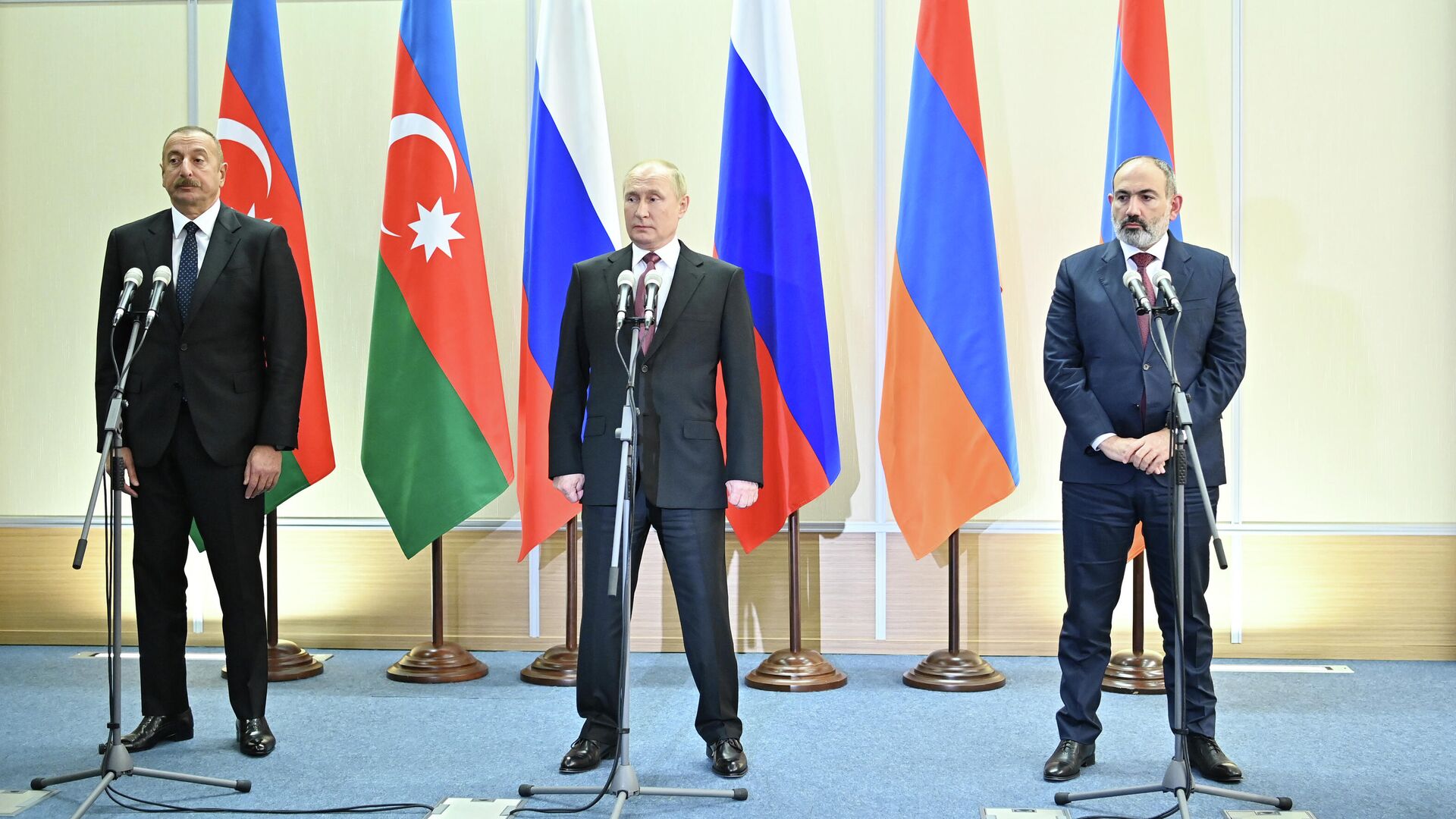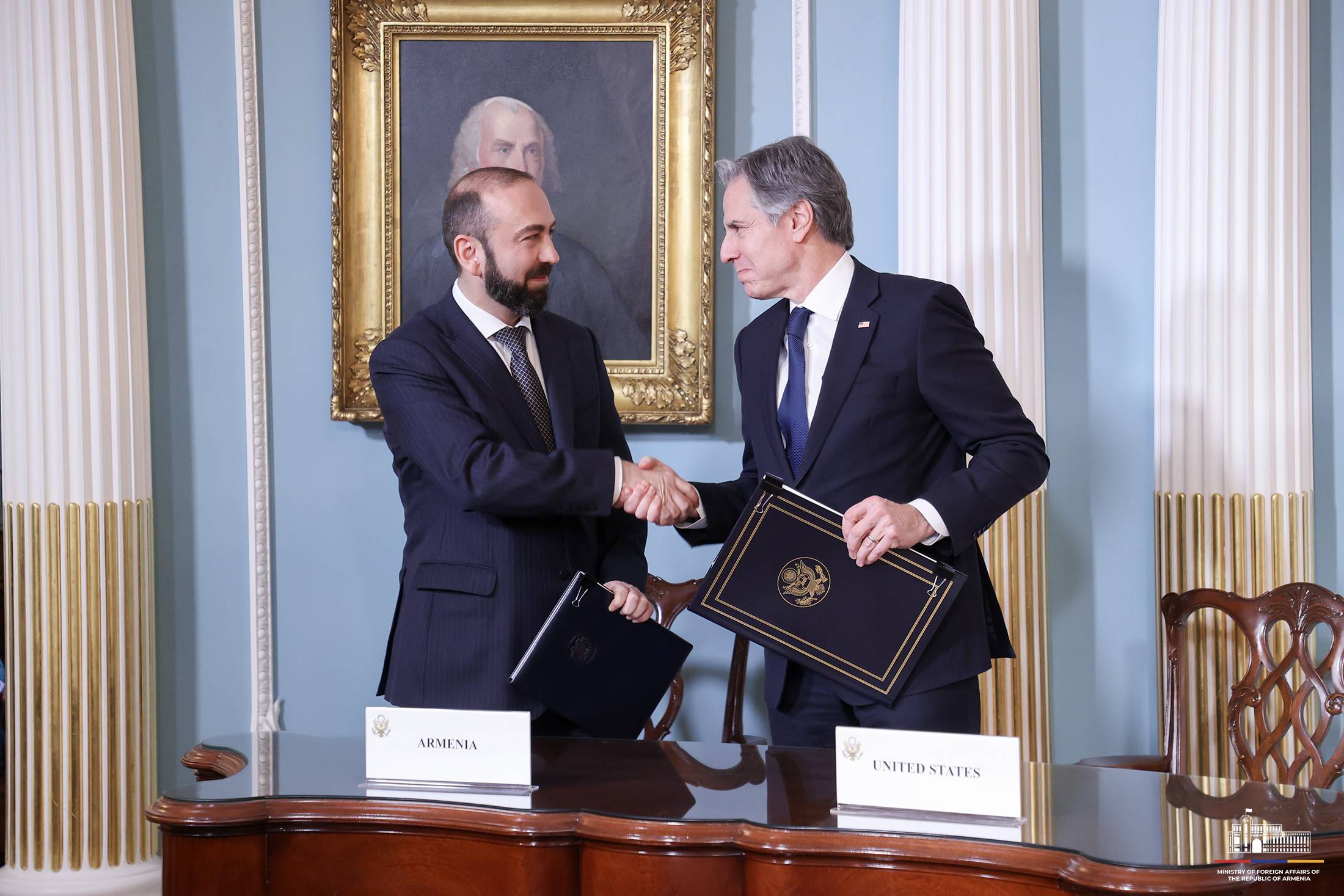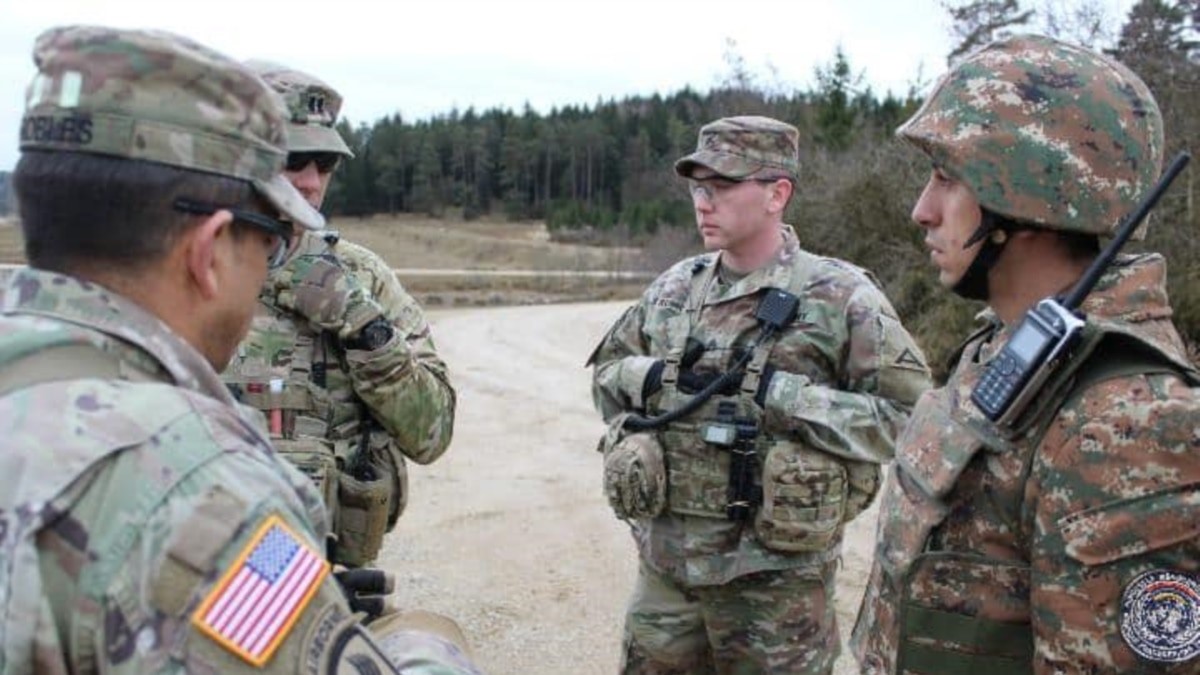Will Trump shift focus from Ukraine to South Caucasus? View from Yerevan
Trump presidency’s impact on South Caucasus
“Realizing that achieving quick results on the Russia-Ukraine war may be unrealistic, Trump could shift his focus to Panama, Greenland, and, why not, the South Caucasus,” suggests political analyst Lilit Dallakyan.
She notes that Donald Trump frequently speaks of his desire to win the Nobel Peace Prize. To achieve this goal, he might turn his attention to resolving another conflict—the Armenian-Azerbaijani one.
The political analyst believes the U.S. has the tools to achieve genuine peace in the South Caucasus, and Trump may attempt to address this issue. According to her, the U.S. president could pursue a solution through a path he has often mentioned—resolving conflicts “by defining Christian rights.”
Lilit Dallakyan also commented on the likelihood of ending the Russia-Ukraine war, discussed U.S.-Iran relations, and reflected on whether Armenia’s strategic partnership with the U.S. will continue under the new Trump administration.
- Armenia takes first steps toward EU membership: Government approves Eurovote plan
- Opinion: ‘Aliyev makes threats because he cannot neutralise Armenia’s potential’
- Opinion: ‘EU expects assurances from Armenia that Georgia failed to provide’
Trump fit into ‘Putin’s ship of demands’
When asked whether the new U.S. president could end the Russia-Ukraine war, Lilit Dallakyan outlined two possible scenarios:
- The U.S. will arm Ukraine enough to force Russia to negotiate;
- Ukraine won’t be provided with weapons unless it agrees to negotiations with Russia.
However, the situation is far from straightforward, the political analyst explains, as both Democrats and Republicans in the U.S. Congress advocate for continued support to Ukraine.
“Moreover, there’s the tool of impeachment, which Donald Trump has faced twice already. I don’t think he will fully align with Putin’s ship of demands. When people say, ‘That’s it, they’ll meet and carve up the world between them,’ I find this to be a somewhat fantastical ending,” she concluded.
Washington doesn’t want war with Iran”
According to Lilit Dallakyan, the U.S. has no interest in a war with Iran, and Donald Trump is not a proponent of military conflict either.
“I don’t think Trump would allow Israel to do whatever it wants, such as striking Iran’s nuclear facilities. The U.S. is using tougher rhetoric to push Iran back to the nuclear deal, partly to lift sanctions, as Iranian gas is vital for the European market,” she stated.
The political analyst believes that if the U.S. administration eases its pressure slightly, Iran might agree to diversify its policies.
Furthermore, she argued that Tehran was compelled to sign a strategic partnership agreement with Moscow due to its “catastrophic” economic state, aiming to benefit from the EAEU market.
“The signing of this document with Russia is a negative signal to the West. It comes at a time when Tehran is negotiating with the UK, France, and Germany to lift sanctions. This document doesn’t send a positive message to the new U.S. administration either, particularly concerning Russia. While Putin seeks an agreement with Trump, Trump views Iran as an enemy of the United States,” she concluded.
Yerevan must engage with all U.S. institutions
When asked whether the Trump administration would honour the U.S.-Armenia Strategic Partnership Charter signed by the previous leadership, Lilit Dallakyan responded:
“Under the new administration, the partnership will continue in the same spirit if certain factors are ensured. Specifically, the Armenian lobby’s efforts in Congress. There are senators who have worked and continue to work with Armenia. But most importantly, we need to engage with all institutions—from the Pentagon to the State Department. A 100% positive outcome may not be guaranteed, but at least we’ll know we’ve done our part.”
She emphasized that during interactions with Trump, Armenian authorities must proactively remind him of Washington’s interests in the region, rather than relying on the new president’s team to do so.
Франция и Индия не поставляли бы Армении оружие, «не получив разрешения США»
Dallakyan explains that NATO troops don’t necessarily need to be present in Armenia for people to feel protected:
“A group of U.S. security experts is expected to arrive in Armenia following the signing of the Strategic Partnership Charter with the U.S. And Aliyev knows he cannot confront Armenia alone without support from other countries—provided, of course, that risks stemming from Russia are neutralized.”
As for U.S. arms supplies, she argues that it’s inaccurate to say the U.S. isn’t providing military assistance to Armenia:
“The U.S.’s allies, France and India, wouldn’t sell arms to Armenia without U.S. approval. Essentially, they are supplying weapons to us through intermediaries. So, it’s wrong to say that because the charter doesn’t explicitly mention arms supplies, we’re unprotected.”
Trump presidency’s impact on South Caucasus






















